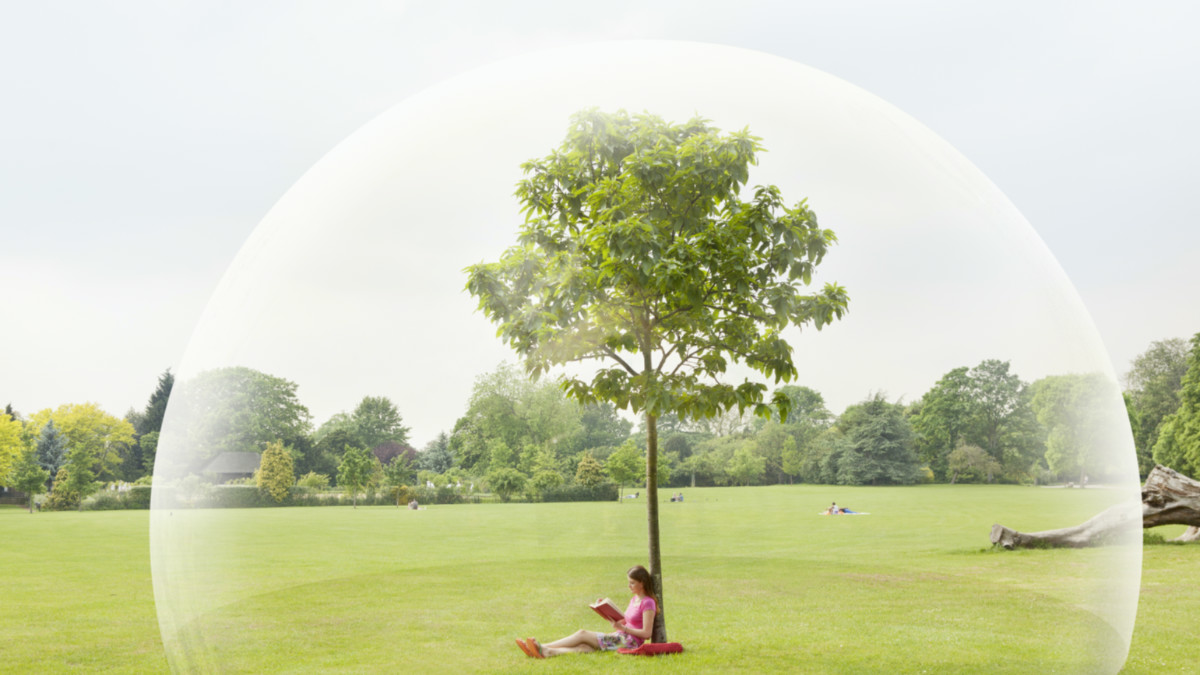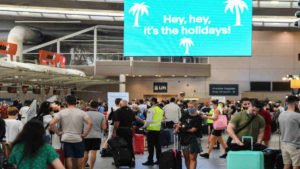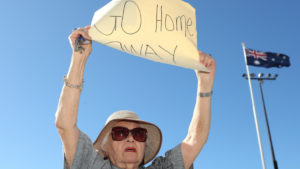The global ‘travel bubbles’ are emerging, but Australia and New Zealand are still not there yet

For several weeks now there has been speculation a “travel bubble” could emerge between Australia and New Zealand, but that still appears some time away. Other nations, however, are already making the most of it.
China and South Korea have opened a tightly controlled travel corridor between the South Korean capital, Seoul, and 10 Chinese regions.
China had banned foreigners from entering since late March, but now permits Korean travellers to enter.
But it is not without its burdens — travellers have to undergo two weeks of screening, a virus test at home, a two-day quarantine in China and another blood test.
Despite sounding onerous, travel numbers have been picking up. The Korea International Trade Association says it receives on average 300 calls a day from Korean companies expressing an interest in the scheme.
Korean Air says its once weekly flight from Seoul to Shenyang is selling out and plans to ramp up flights next month.
The Baltics re-open
Baltic nations Estonia, Latvia and Lithuania re-opened their borders to each each other last Friday.
The trio of nations hasn’t been as hard hit by the pandemic as other European nations have, with the whole region recording fewer than 150 COVID-19 deaths. With all economies dependent on trade between the states, they are keen to return to a sense of normality.
“The Baltic travel bubble is an opportunity for businesses to reopen, and a glimmer of hope for the people that life is getting back to normal,” Lithuanian Prime Minister Saulius Skvernelis said.
Neighbouring Finland is considering putting itself forward to join the bubble in coming weeks.
So what about Australia & New Zealand?
The requirements for re-opening the borders strictly for Australia-New Zealand travel includes a substantial reduction in COVID-19 infections and a greater level of certainty that doing so won’t kick off a second wave of infections.
A 14-day quarantine requirement would render any effort to create a bubble worthless.
An International Air Transport Association (IATA) survey last month found 69 per cent of recent travellers wouldn’t go somewhere requiring a 14-day quarantine.
“Any solution must give passengers confidence to travel safely and without undue hassle,” IATA CEO Alexandre de Juniac said last week.
“And it must give governments confidence that they are protected from importing the virus.”
The travel industry has advocated for the travel bubble ever since the idea’s conception.
The effort has been led by industry groups and the largest players, including major airlines Air New Zealand (ASX:AIZ) and Qantas (ASX:QAN).
The industry says this will help both countries’ economies, particularly their travel industries.
Trans-Tasman hops are likely much closer than trips to COVID-19 decimated countries like the United States and Brazil.
But Australia and New Zealand are putting safety first and stress a bubble won’t happen until safety is guaranteed.
Related Topics
UNLOCK INSIGHTS
Discover the untold stories of emerging ASX stocks.
Daily news and expert analysis, it's free to subscribe.
By proceeding, you confirm you understand that we handle personal information in accordance with our Privacy Policy.








